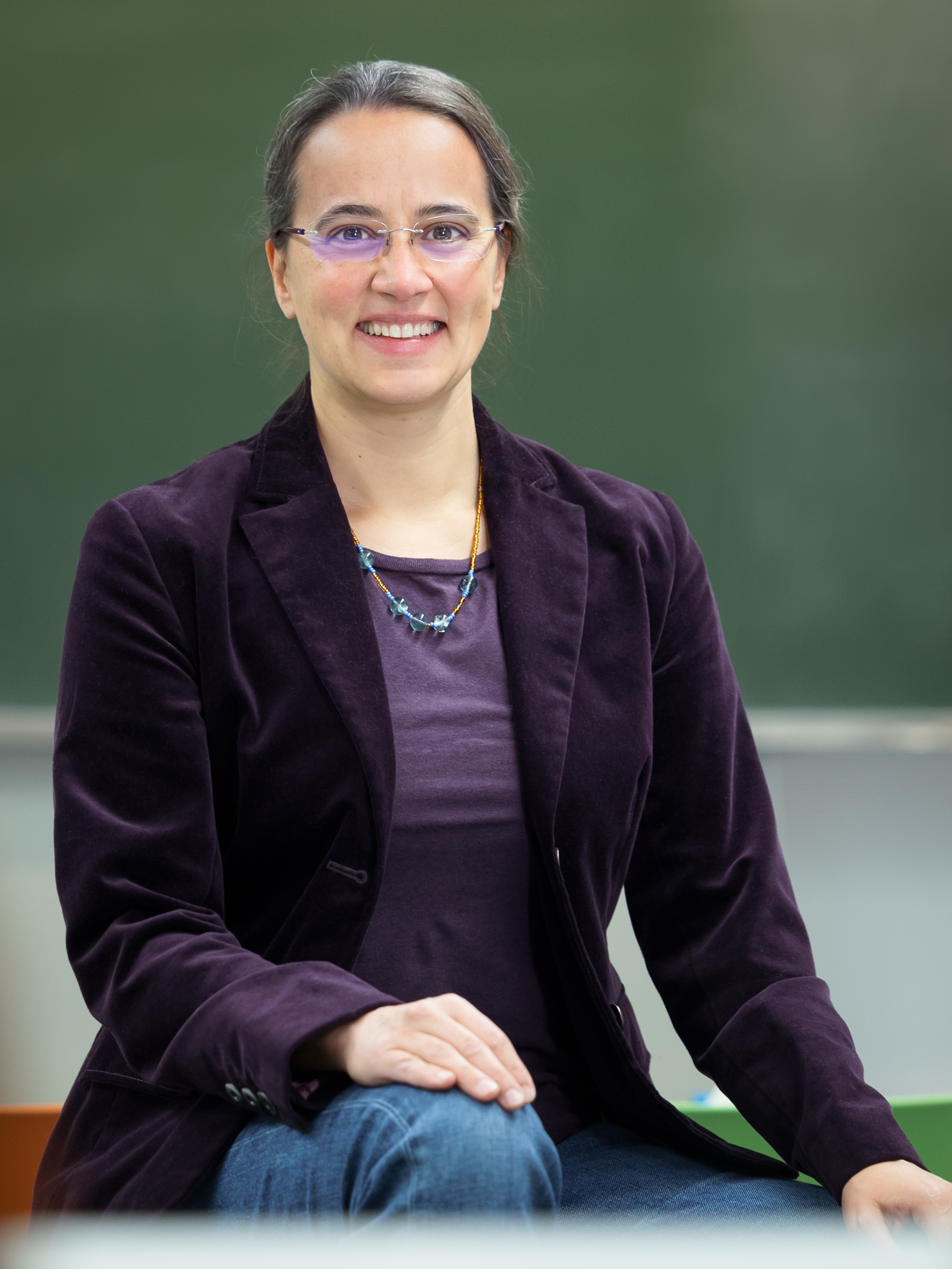Who we are
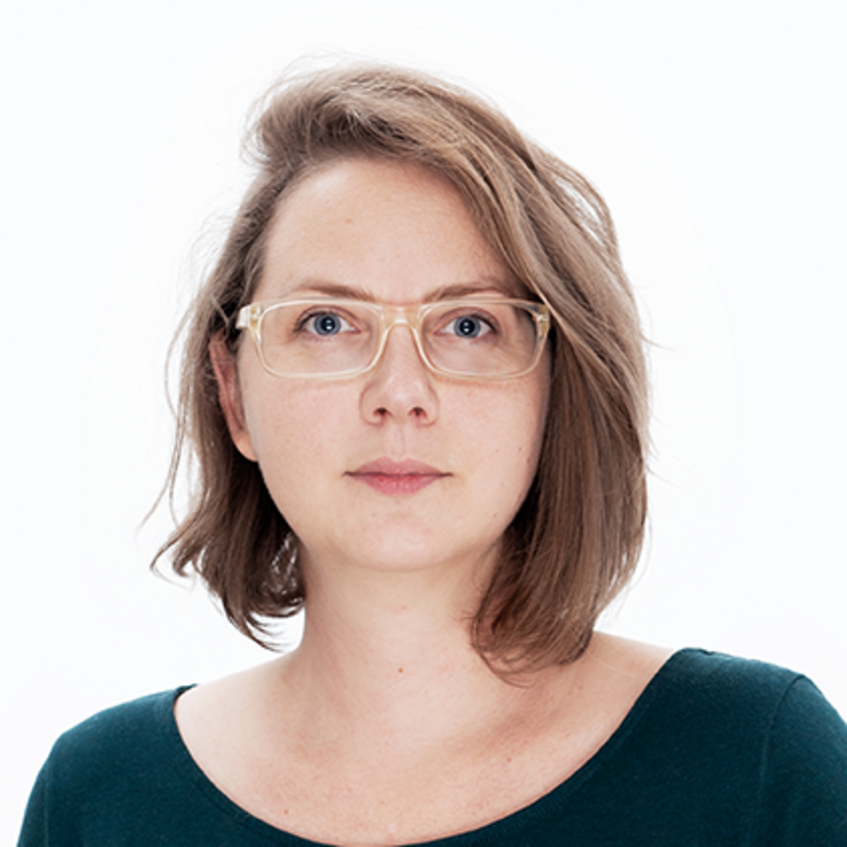
Gloria Bottaro
Gloria M. Bottaro is innovation researcher. She is PhD candidate (communication sciences) at the University of Vienna and teaches innovation in EC “Knowledge Creation” at the Institute of Philosophy. Her research focuses on radical constructivism and innovation, with a special focus on emotions and group dynamics. She also teaches at the International Business School, University of Applied Sciences in Kufstein, at the University of Applied Sciences Carinthia (CUAS), and is co-founder of the business and innovation center, GIZ-mo.
ORCID: orcid.org/0000-0002-3743-4115
Research Interests
- Designing social and emotional spaces for co-creation and innovation
- Social, organizational and cultural dimensions of co-creating and co-cognition
- Group dynamics and communication strategies in innovation teams
Main Research Questions
- How can we frame social and emotional environments in order to facilitate collective processes of creating novel knowledge (learning, innovation and change)?
- Which habits and attitudes should be cultivated to foster innovation?
Peter Hochenauer
Peter Hochenauer is a PhD candidate at the University of Vienna, working at the intersection of transformative learning and enactive cognitive science, with a focus on inter- and transdisciplinary education. He holds a master’s degree in cognitive science and a bachelor's degree in philosophy. During his cognitive science studies, he focused on interdisciplinarity and artificial intelligence, which continues to inform his current research and teaching. Previously, he coordinated the joint Middle European interdisciplinary master’s programme in Cognitive Science (MEi:CogSci) at the University of Vienna. With an earlier background in electronics and computer engineering, he brings 10+ years of experience as a software architect, engineer, and IT consultant in the private sector.
Research Interests
- Inter- and transdisciplinary research (theory and practice)
- Joint problem framing
- Transformative learning theory
- Generative AI in higher education
- Systems and complexity thinking
- Enactive cognitive science and the philosophy of cognition
Main Research Questions
- How can joint problem framing be facilitated in order to address wicked problems?
- How can the integration of different ways of knowing be understood through the lens of enactive cognitive science?
- How can transformative learning enable students and researchers to integrate different ways of knowing?
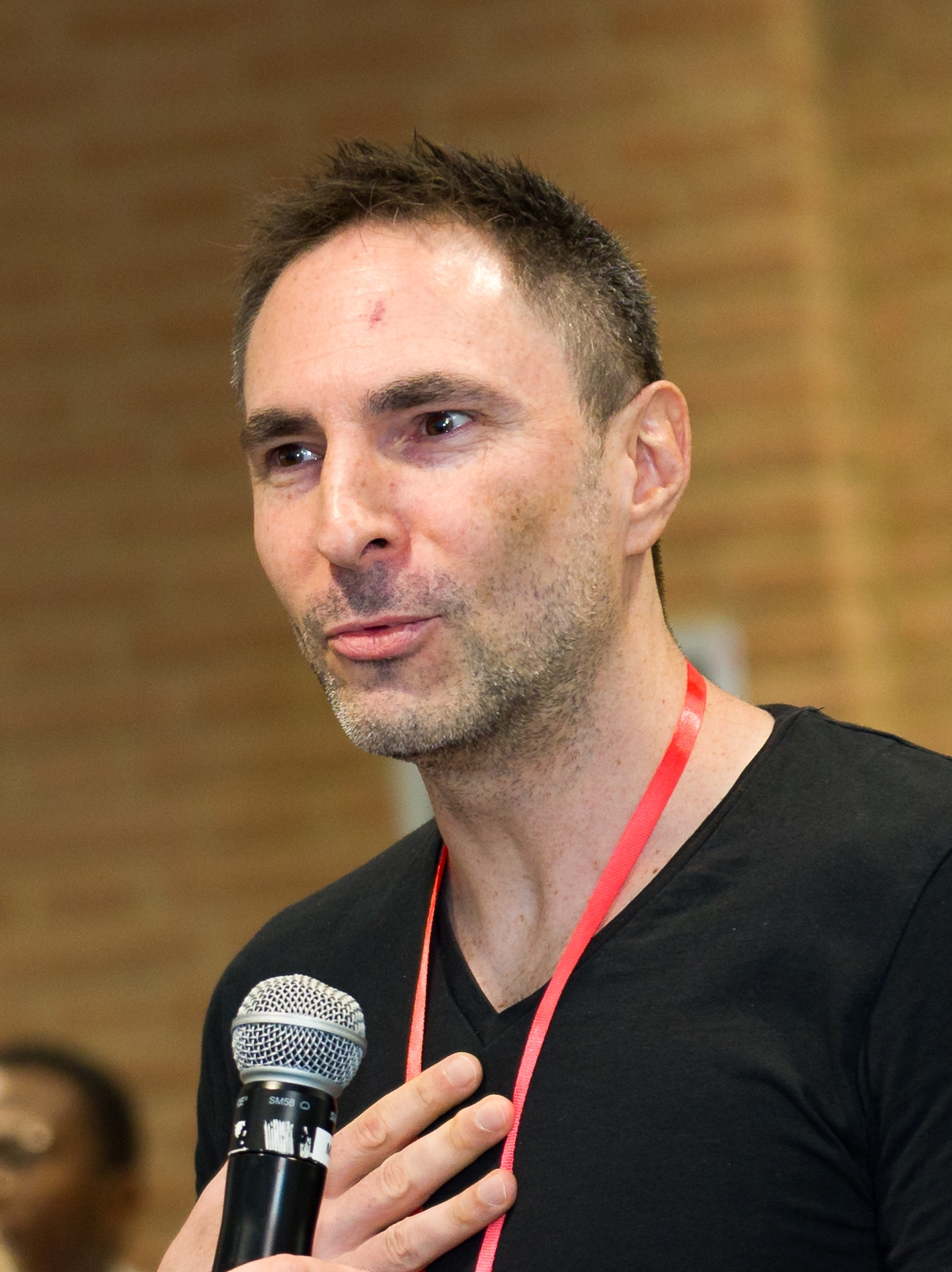
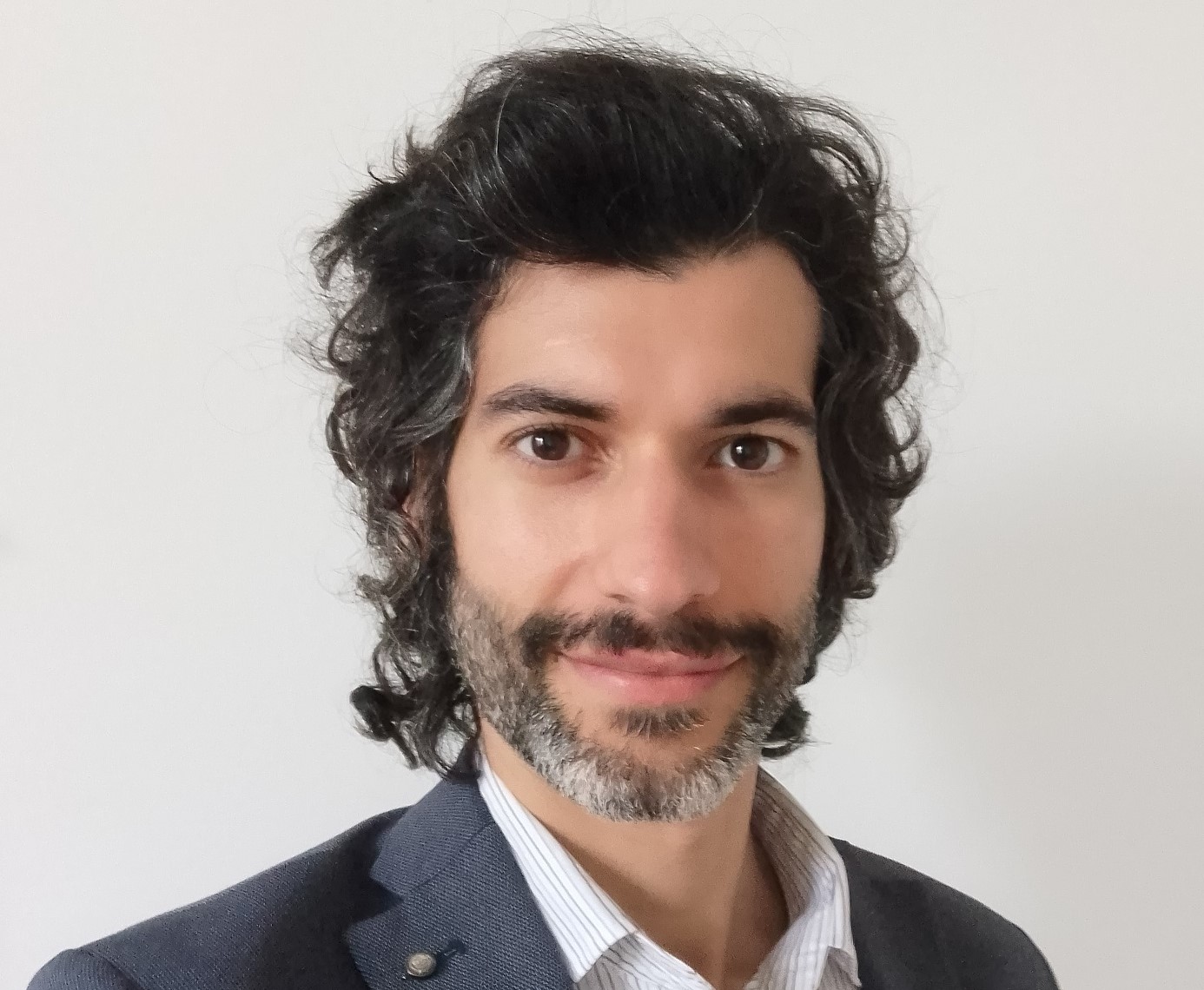
Felipe Machado
Felipe Machado is a PhD candidate in Cognitive Humanities at the Department of Philosophy and the Vienna Cognitive Science Hub at the University of Vienna. He is also a Mercatus Center Adam Smith Fellow at George Mason University. His research interests include investigating, in a context of uncertainty, the conditions conducive to peaceful social cooperation among people who think differently and the extent to which this understanding could enable creativity and cultural adaptation to a changing environment. He also works applying enactive cognition in the field of political economy.
Research Interests
- Political polarization and depolarization
- Mechanisms underlying extremism
- Cognitive economics and 4 E economics
Main Research Questions
- What might drive polarization and how could people overcome it?
- How to enable cooperation among intergroup members?
- What are the similarities and tensions between 4E cognitive science and economic thinking?
Markus F. Peschl
Markus F. Peschl is professor of cognitive science and philosophy of science with a focus on innovation at the University of Vienna, Department of Philosophy and at the Vienna Cognitive Science Hub. His areas of research and expertise include innovation, cognitive science (with a focus on 4E cognition), organizational theory and strategy, design, and spaces for knowledge- and innovation work (Enabling Spaces).
For further information see https://www.univie.ac.at/knowledge/peschl/
Research Interests
- Innovation and knowledge creation in various contexts (both individual and collective/organizational)
- "Learning from future potentials"
- Cognitive institutions (organizations as socially extended cognitive systems)
- Futures skills/literacy
Main Research questions
- How does novelty/novel knowledge/innovation come into being?
- What are cognitive, social, epistemological, organizational, technological, and cultural foundations and enabling factors facilitating (socio-epistemological) processes of knowledge creation and the design of (innovation) artifacts?
- What is the role of extended and enactive cognition in knowledge processes and in the production of (innovation) artifacts (e.g., Material Engagement Theory, participatory sense-making, etc.)?
- What is the role of organizations and space in knowledge work/creation and innovation?
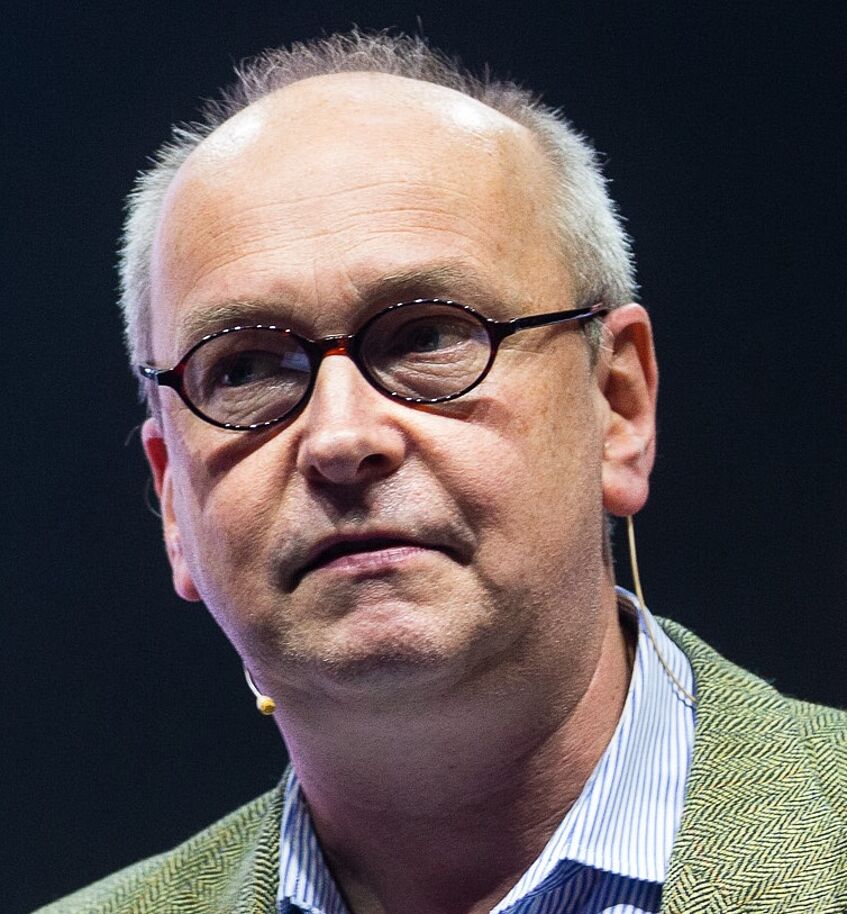
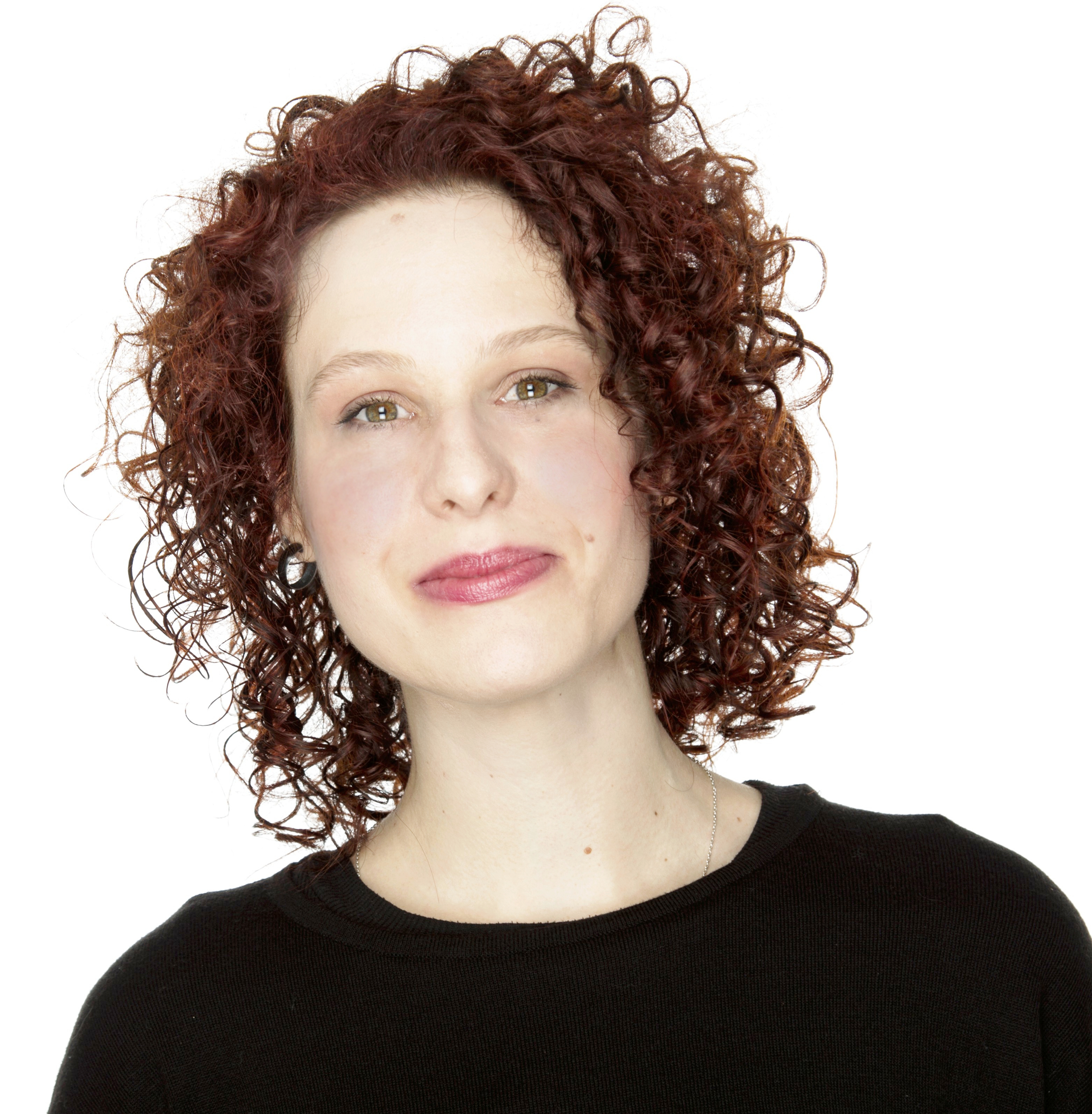
Katharina Roetzer
Katharina Roetzer has a background in art and design (VET diploma), Sociology (BA), and Cognitive Science (MSc, MEi:CogSci) with a focus on studying and designing socio-emotional interactions with educational technologies. Further education in Data Science and Computational Social Science.
Since 2014 self-employed in the field of innovation research and training, combining design approaches with social science methodologies (mixed methods) and cognitive science theories, as well as data science (natural language processing, sentiment analysis). Work experience in the private sector in international projects (AT, DE, SK, CH, GB). Co-founder of the business and innovation centre GIZ-mo. Also working as a software trainer for computer-assisted qualitative (ATLAS.ti) and quantitative (SPSS Statistics) data analysis since 2017.
ORCID: https://orcid.org/0000-0003-1511-875X
Research Interests
- Social interaction and socially situated cognition in relation to (adult) learning, didactics, instructional design
- Human-technology interaction
- Educational technologies, e.g. e-learning platforms, serious games, embodied conversational agents and virtual tutors, Intelligent Tutoring Systems, or similar (AI-based) learning systems, AI literacy
- Integration of approaches and methodologies from the areas of design, sociology, computational social science, and cognitive science
Main Research Questions
- What methodologies allow us to study and design socio-emotional interactions with educational technologies?
- How can we organise and scaffold cognition through instructional design to create technologies that enable learning and knowledge creation?
Elisabeth Zimmermann
Elisabeth Zimmermann studied human biology (Mag.rer.nat) and cognitive science at the University of Vienna. International coordinator of the MEi:CogSci - Middle European interdisciplinary master programme in Cognitive Science since 2006. Teaching at the University of Vienna in the field of cognitive science since 2006, as well as at workshops at the University of Ljubljana and the Jagiellonian University in Krakow and at the Interdisciplinary College.
Beside her work and education in academia, she has always been dancing. She has training in holistic dance- and movement pedagogy as well as in classical massage and teaches workshops in dance/contact improvisation.
Research Interests
- Enactivism, embodied cognition and phenomenology
- The relation of body and mind on a theoretical level, but also on a practical level (body-mind practices like Quigong, Tai Chi, Yoga, Body-Mind Centering, Feldenkrais, etc.)
- The moving body in educational settings and personal development/change processes
- Playing and sense-making
Main Research Questions
-
How can learning with a focus on body and movement enable changes in habits and foster openness to new ways of interacting, sense-making, and being?
- How can we create spaces (in educational settings) that allow for/encourage the explicit involvement of the body and movement in learning?
- How can methods from dance improvisation and performance contribute to the cognitive science of learning?
